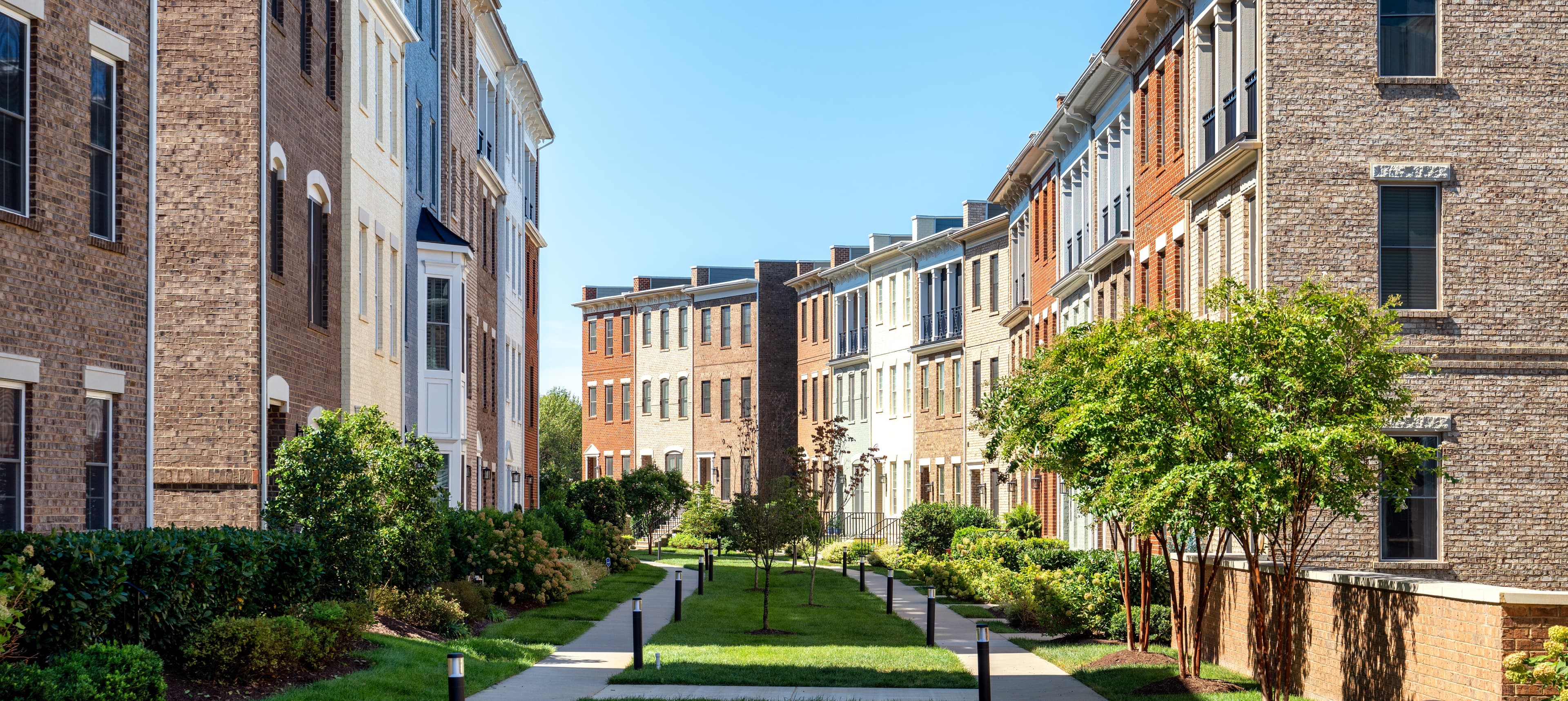Key highlights
Recession expectations are elevated across North American industry participants, setting the stage for a chilly start to 2023. While most expect a recession, the anticipated slowdown's shape (depth and length) remains uncertain.
Following a year of interest rate hikes and a paradigm shift to an environment of a higher cost of capital, industry participants noted adjustments to capitalization rates (“cap rates”) and internal rates of return (“IRRs”).
As valuation and return expectations lower, the industry anticipates major markets will fare better than smaller markets in the months ahead. And while no property type is expected to remain completely unchallenged, office was the most notable area of concern.
Even though 2023 is underway, many of 2022’s uncertainties remain. Despite 2022’s solid start, commercial real estate (“CRE”) purchasers and sellers took a pause midway through as they digested higher interest rates and changing market fundamentals. The increased uncertainty and tighter credit environment were reflected in slower transaction activity.
Late in the fourth quarter, Altus launched industry surveys to gauge the precipitous CRE industry sentiment and expectations in both the US and Canada. Our teams collected and analyzed responses from nearly 300 industry professionals (including investors, lenders, brokers, and developers).
Each of the results contains valuable country-specific insights, though there were a few common themes that seemed to capture the North American CRE perspective. Expectations are not static (2022 was a case in point); it is worth noting where they are so that any shift is more noticeable.
Key North American CRE themes at the end of 2022 and heading into 2023
Recession expectations climb, setting the stage for a chilly start to 2023…
A majority of respondents in both the US (90%) and Canada (54%) believe that a recession is very or somewhat likely to occur within the next six months. In the US, 44% believe it is very likely, while in Canada, the figure has increased from 32% in August to 54% in November.
Meanwhile, the anticipated slowdown's shape remains uncertain
The shape of the anticipated economic slowdown remains uncertain in both the US and Canada. In the US, 42% of respondents expect the recession to be short and shallow, while 25% expect it to be shallow and long. In Canada, most investors (61%) and brokers/consultants (46%) believe a recession is likely and expect it to be shallow and short (44% and 49%, respectively).
Cap rates and IRRs adjust to higher cost of capital paradigm
Interest rate increases by the Federal Reserve (in the US) and the Bank of Canada have caused most respondents in both countries to adjust their cap rates and IRRs. In the US, 78% of respondents have already made these adjustments in 2022. In Canada, 64% of respondents have made similar adjustments in response to interest rate increases by the Bank of Canada in 2022.
Major markets expected to fare better than smaller secondary markets
Increasing cap rates are expected in both major and secondary markets in both the US and Canada. However, fewer respondents in the US anticipate cap rate increases in major markets than in smaller secondary markets, suggesting that a market size premium will continue to exist. In Canada, assets in secondary markets are seen as more vulnerable to rising cap rates. Office and retail assets in both major urban and secondary markets are expected to see increases in cap rates as a result of rising interest rates.
No property type spared, though office remains the biggest area of concern
In both the US and Canada, no property type is expected to benefit significantly in the new year. Rising cap rates are largely anticipated across the CRE space and all property types, although office is seen as the biggest area of concern.
In the US, expected cap rate increases over the next six months are in the range of 26-75 basis points across property and market types, with the exception of office, which is expected to see a significantly larger adjustment. In Canada, industrial and multi-family residential assets in major urban markets are expected to see less variation in cap rates, with 35% and 36% of respondents, respectively, believing they will remain largely stable.
Get additional details related to this article and specific results from each country's survey
Authors

Omar Eltorai
Senior Director of Research, Altus Group

Ray Wong
Vice President, Data Solutions
Authors

Omar Eltorai
Senior Director of Research, Altus Group

Ray Wong
Vice President, Data Solutions
Resources
Latest insights






